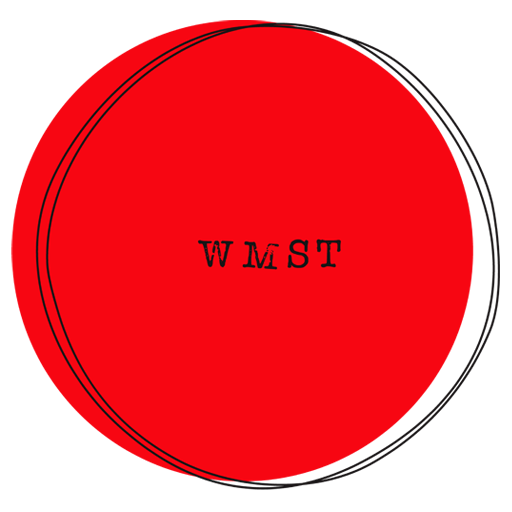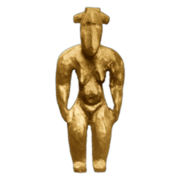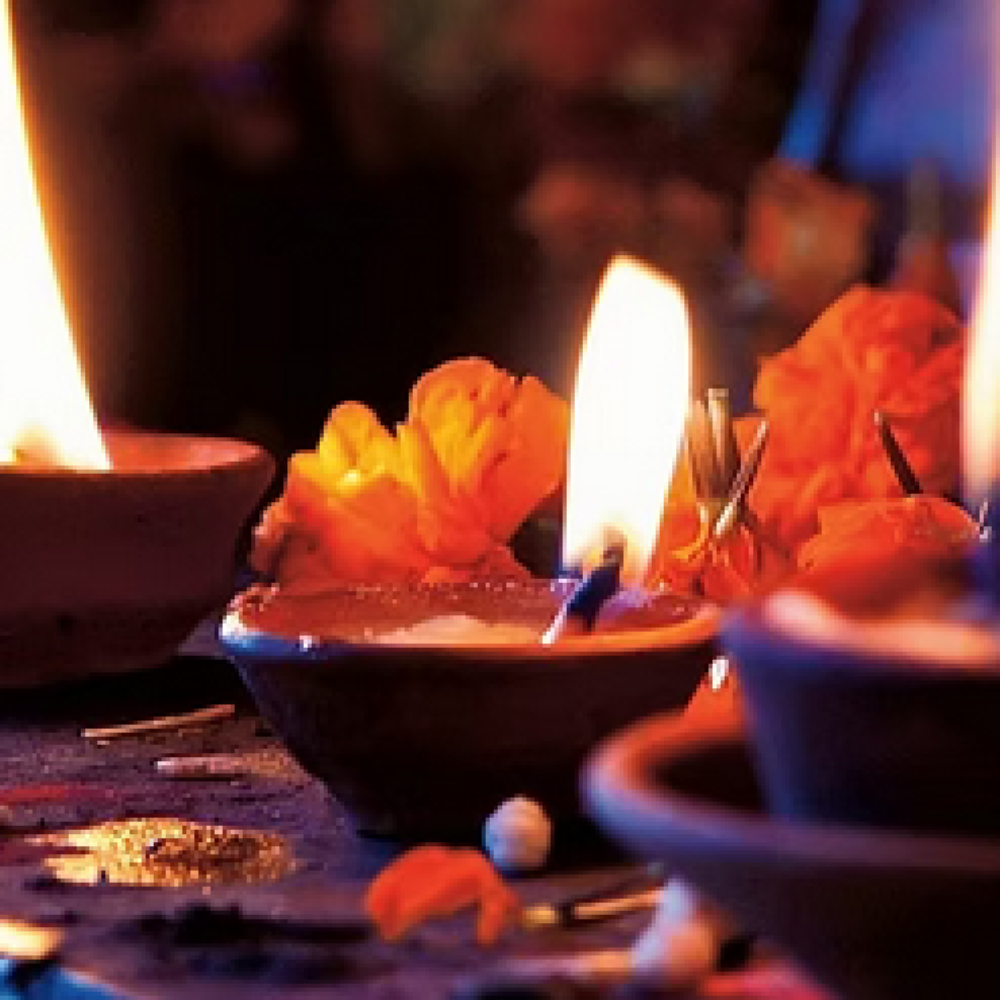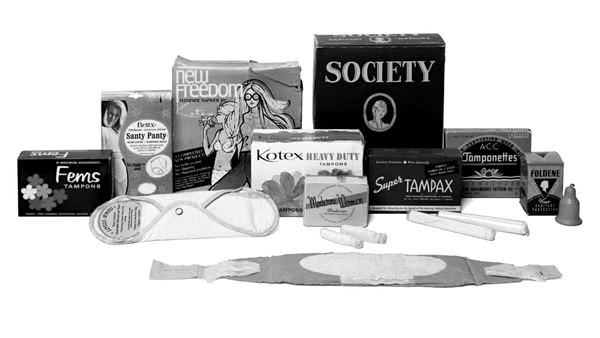Women's Wellness Circle: Last Wednesday of every month at 1pm PT/4pm ET/8pm UTC
Women's Wellness Circle is a Women's Studies Online educational initiative aimed at prioritizing women's unique biological and social health and wellness needs throughout our life stages. Through educational presentations, guest speakers, resource sharing and virtually-based discussions, we'll learn about health and wellness - broadly defined - within this circle.
The Witch Wound
For October's Women's Wellness Circle we encourage you to engage with an open mind as we explore the concept of the witch wound. Max Dashu offers some insight in her video talk, Tending The Witch Wound, where she describes the witch wound as inherited trauma stemming from centuries-long persecutions—especially during the European witch hunts—where women who possessed knowledge, healing skills, or spiritual authority were targeted and often brutally punished (Dashu, 2021). Dashu goes on to explains how the witch wound manifests today as a lingering fear of being seen, of claiming knowledge or spiritual power, and of stepping outside our expected gender roles (Dashu, 2021).
There have been several books written about the witch wound, one by Ellen S. Worth titled: The Witch Wound: Healing Ancestral Trauma and Rebuilding Community in this age of Increasing Patriarchy and Divisiveness.
“No wonder the witch wound is still so prevalent today. If you were accused of witchcraft, you learned that confessing to crimes you didn’t commit and incriminating others was preferable to the torture you would endure, and ensured your suffering would end much quicker. Standing on the sidelines and not speaking up taught our ancestors that if they wanted to protect themselves and their families, they had to stay quiet, fit into this new mold created by those in power, and accept the abuse they experienced. This barely scratches the surface of the pain and suffering the witch trials caused—both in the past and in the present—but understanding this dark time in history helps you better understand how this collective experience has turned into a multigenerational trauma that we still experience today” (Worth, 2023).
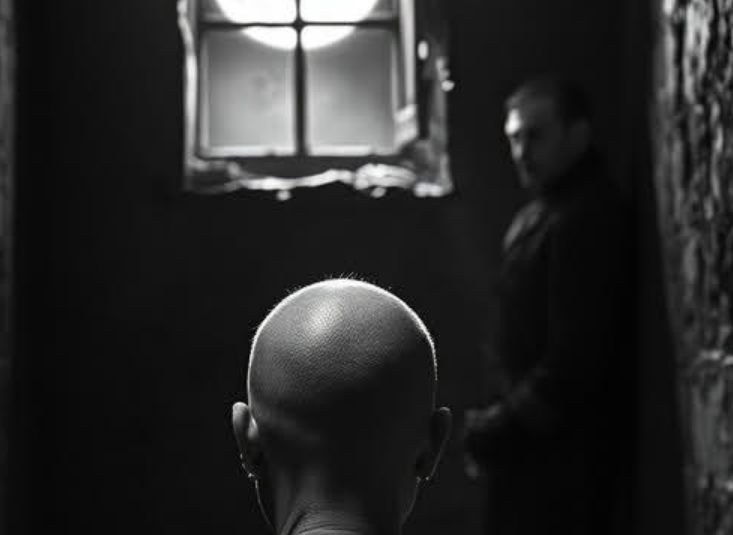
As feminist women, we commit ourselves to recognizing and sharing awareness of each other’s suffering and subordination simply for being female. Our lived experiences reveal that aligning with men and patriarchal systems of power may offer short-term benefits, yet ultimately works against us as a sex class. The coordinated persecution of women, especially when sanctioned by the state, leaves a particularly vicious and lasting mark on our collective psyche. To learn women’s history is to reclaim our narrative—to understand not only the oppression we have endured, but also the resilience that has carried us through the ages.
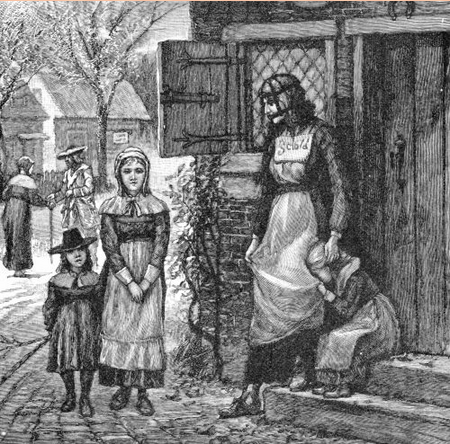
The figure of the witch—or the witch archetype—as a symbol of danger has persisted in media as a potent cultural myth and a haunting reminder of our past. Her enduring popularity stems from her role as a vessel for unconscious fears, projections, and the human need for a scapegoat. In fables, the witch wields her powers to satisfy an appetite for violence and cruelty, preying on innocent young women through deception and manipulation. The image of an older woman who possesses power yet rejects sentimental love becomes perilous—she commands the forces of life and death, using this gift as a means to barter for greater control. The witch is thus rendered as morally corrupt, grotesque, and consumed by rage against those who dare to defy her.
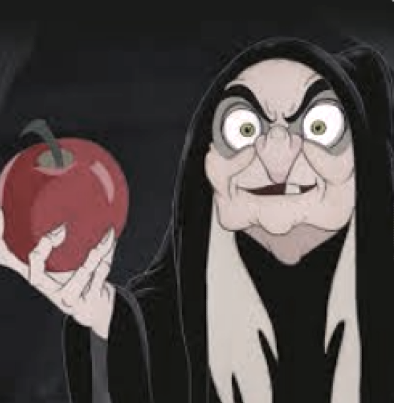
Questions To Consider
- In the video, Tending The Witch Wound, Max Dashu speaks on the importance of understanding the roots of internalized fear stemming from the witch wound and restoring traditions of empowerment and communal support. What does empowering women and offering communal support mean and look like to you?
- In the video, Dashu emphasizes the importance of recognizing both the historical pain and the resilience of women, urging us to tend our wounds by reconnecting with ancestral wisdom and breaking the silence around suppression and trauma. Can you think of one thing you would call ancestral wisdom you inherited from your female ancestors? (These ancestors don't need to be actual relatives--think of wisdom passed down from women who helped you or resonate with you).
- Describe how you find spiritually powerful women represented? Are there spiritually powerful women in your life you turn to for guidance, knowledge or inspiration?
Links

References
Code of Participation
If you have questions, please read over and review our Feminist Code Of Participation.
